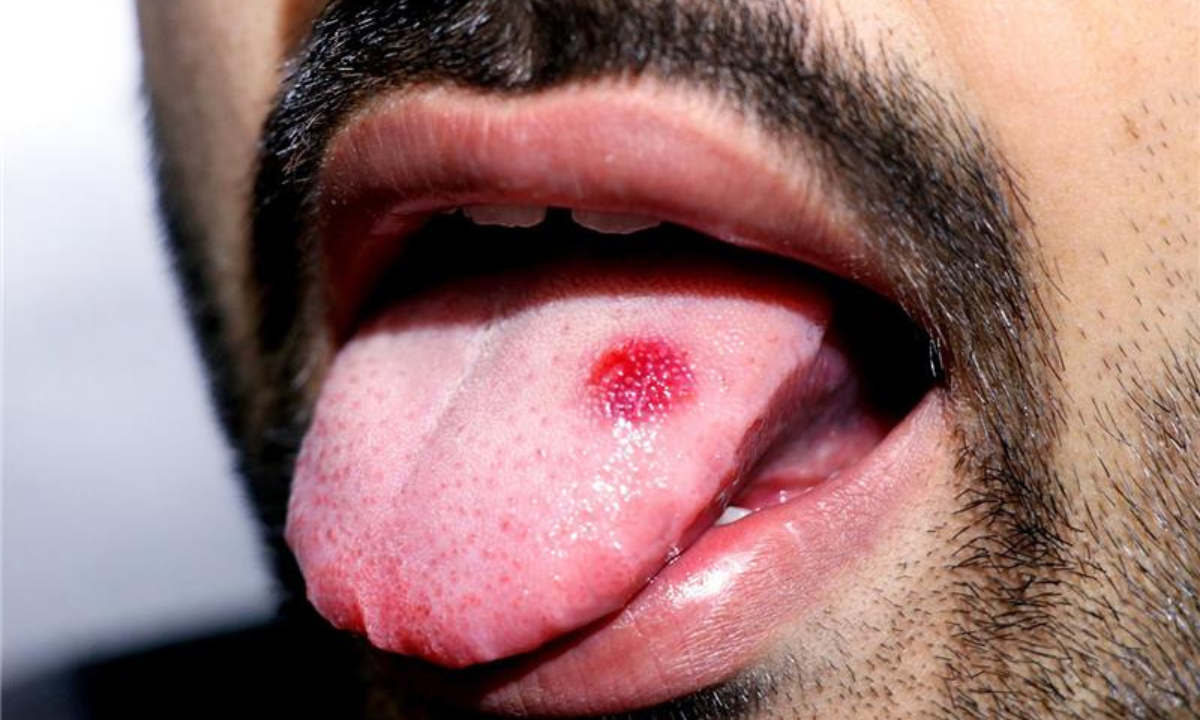Tongue Cancer in India: Understanding the Risks and Prevalence

Tongue cancer, a form of oral cancer, affects the tissues of the tongue and can develop on its front, sides, or base. Early detection is crucial because the condition can advance quickly if left untreated. In India, this type of cancer is more common than in many other countries, largely due to lifestyle and environmental factors.
How Common Is Tongue Cancer in India?
India reports a higher prevalence of tongue and other oral cancers compared to global averages. Research indicates that oral cancers constitute a significant percentage of all cancers in the country. The frequent use of tobacco in various forms, such as chewing tobacco, betel quid, and areca nut, contributes substantially to this trend. Smoking and alcohol consumption further elevate the risk.
Major Risk Factors
Chronic exposure to carcinogenic substances, particularly tobacco and areca nut, is the leading cause. Poor oral hygiene and long-term irritation from sharp teeth or dental devices can also increase susceptibility. Additionally, infection with certain strains of Human Papillomavirus (HPV) has been linked to tongue cancers. Diets lacking fresh fruits and vegetables may further heighten vulnerability.
Recognizing Early Symptoms
Early signs of tongue cancer can include sores or ulcers that do not heal, unexplained bleeding, pain or numbness in the tongue, difficulty swallowing, changes in speech, or a noticeable thickening on the tongue. Being attentive to these changes and consulting a healthcare professional promptly can make a significant difference in outcomes.
The Importance of Screening and Early Care
Due to its aggressive nature, tongue cancer can spread to surrounding tissues and lymph nodes if undetected. Regular dental checkups and self-monitoring for unusual oral changes play a vital role in early identification. Early intervention improves treatment success and reduces complications.
Conclusion
Tongue cancer is relatively common in India, driven by lifestyle habits, environmental factors, and certain infections. Awareness of risk factors and early symptoms is essential for prevention and timely treatment. Individuals noticing persistent oral changes should seek medical evaluation immediately. For professional care and guidance, visit KKR Hospital.
